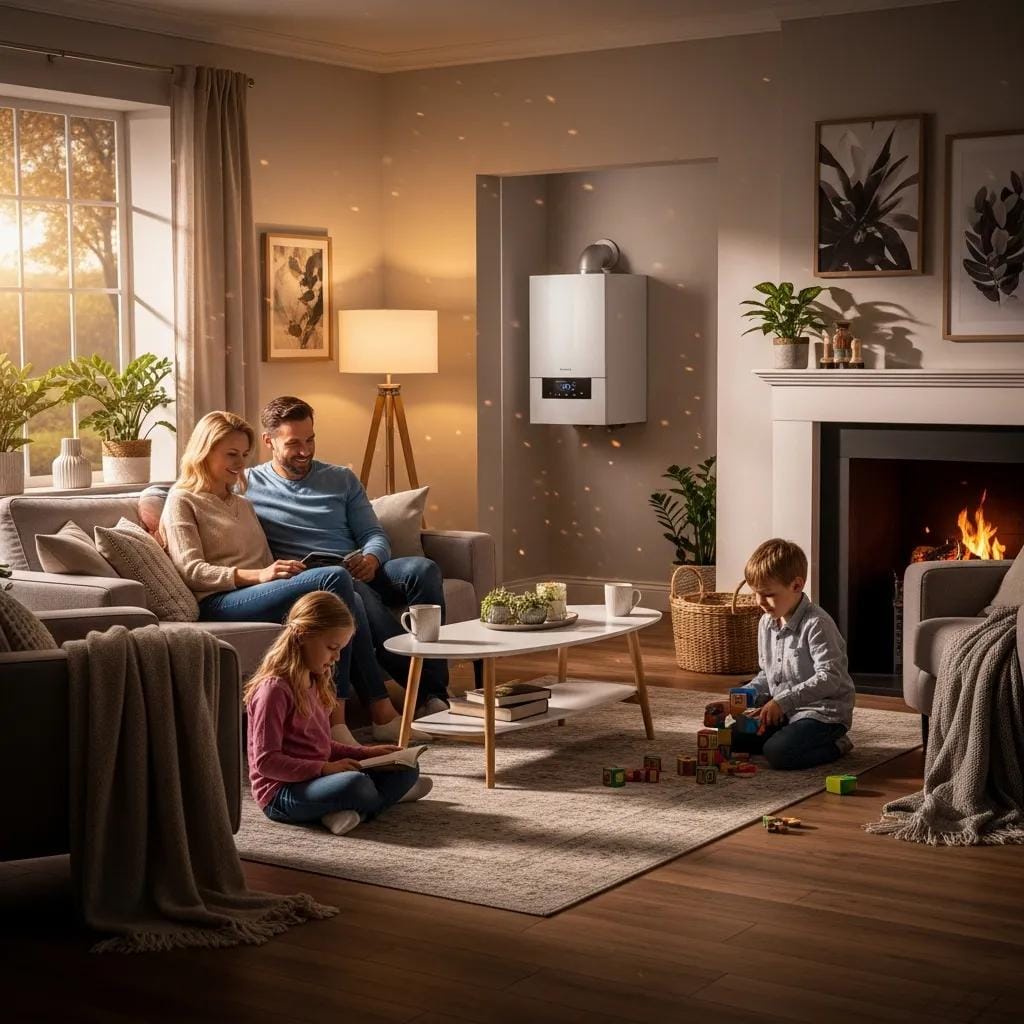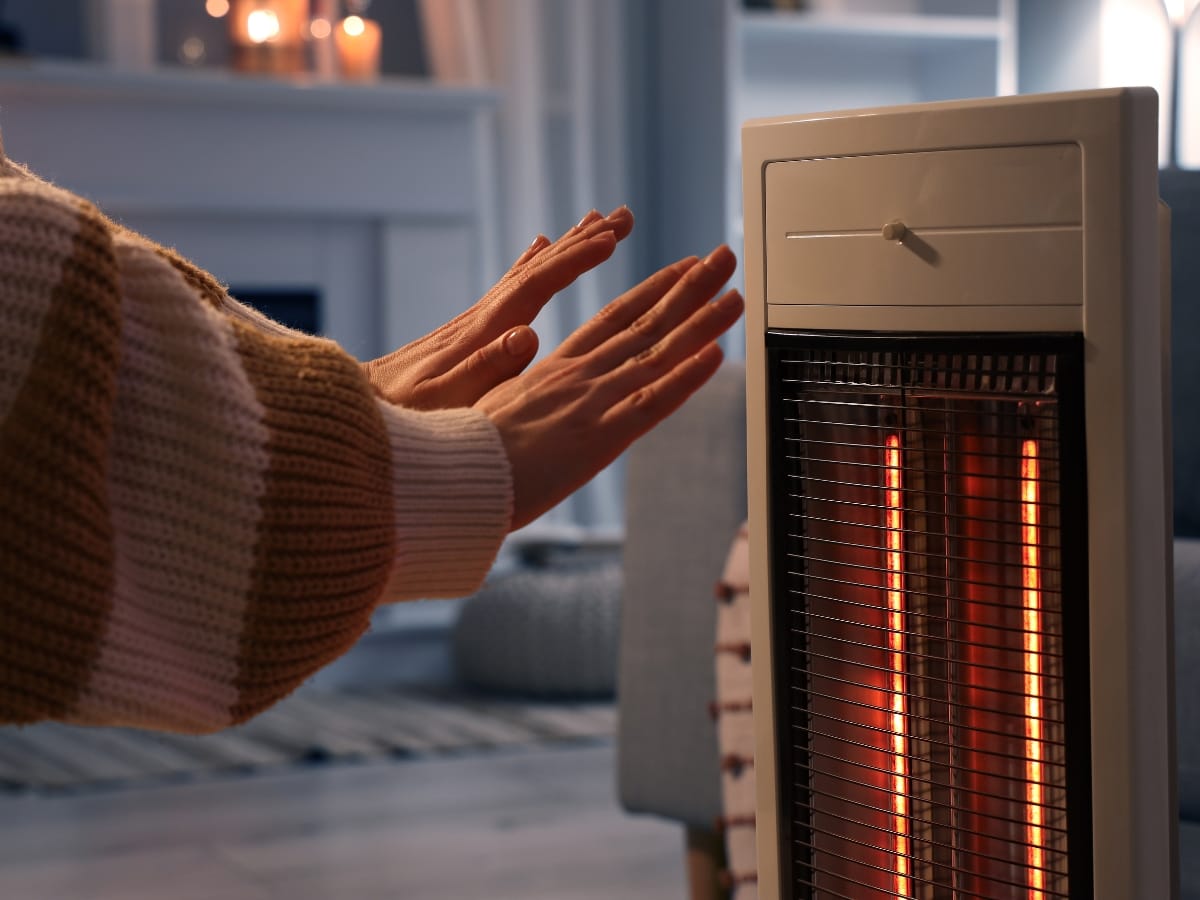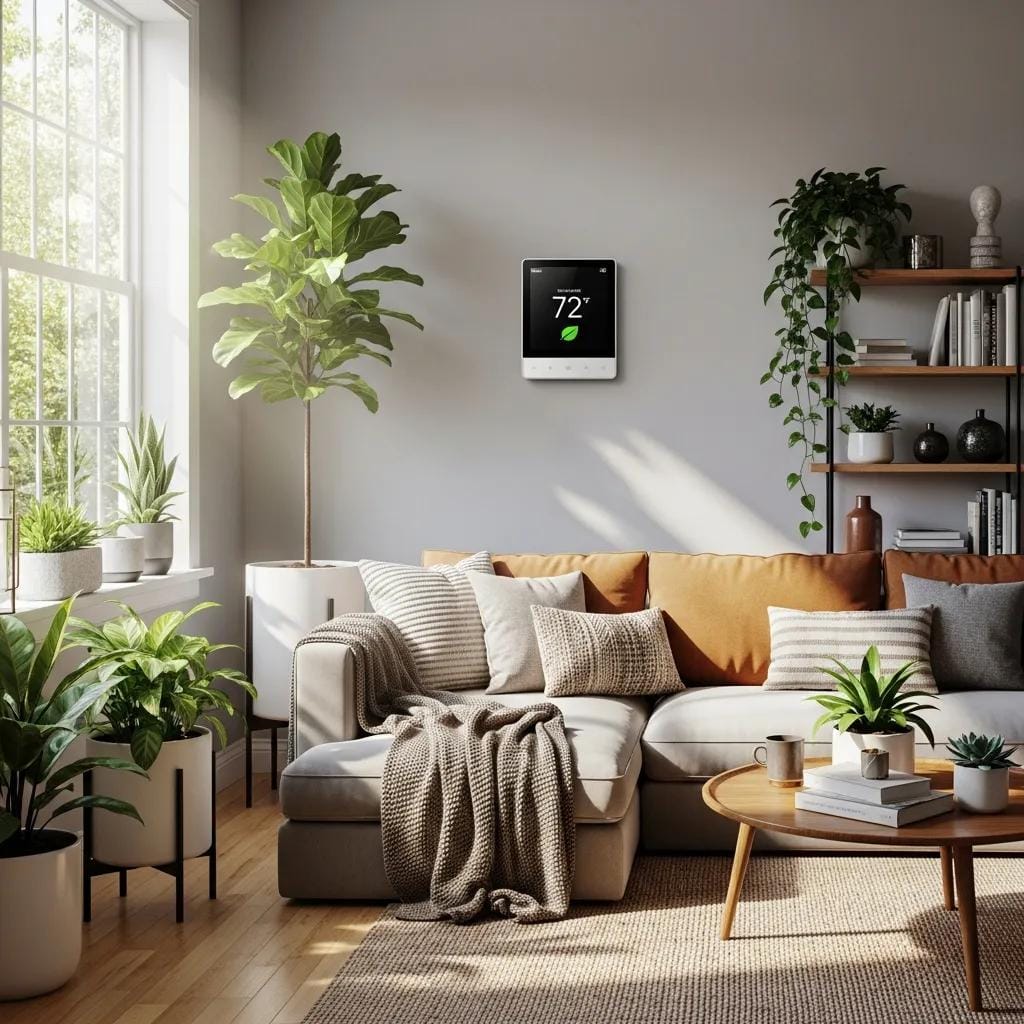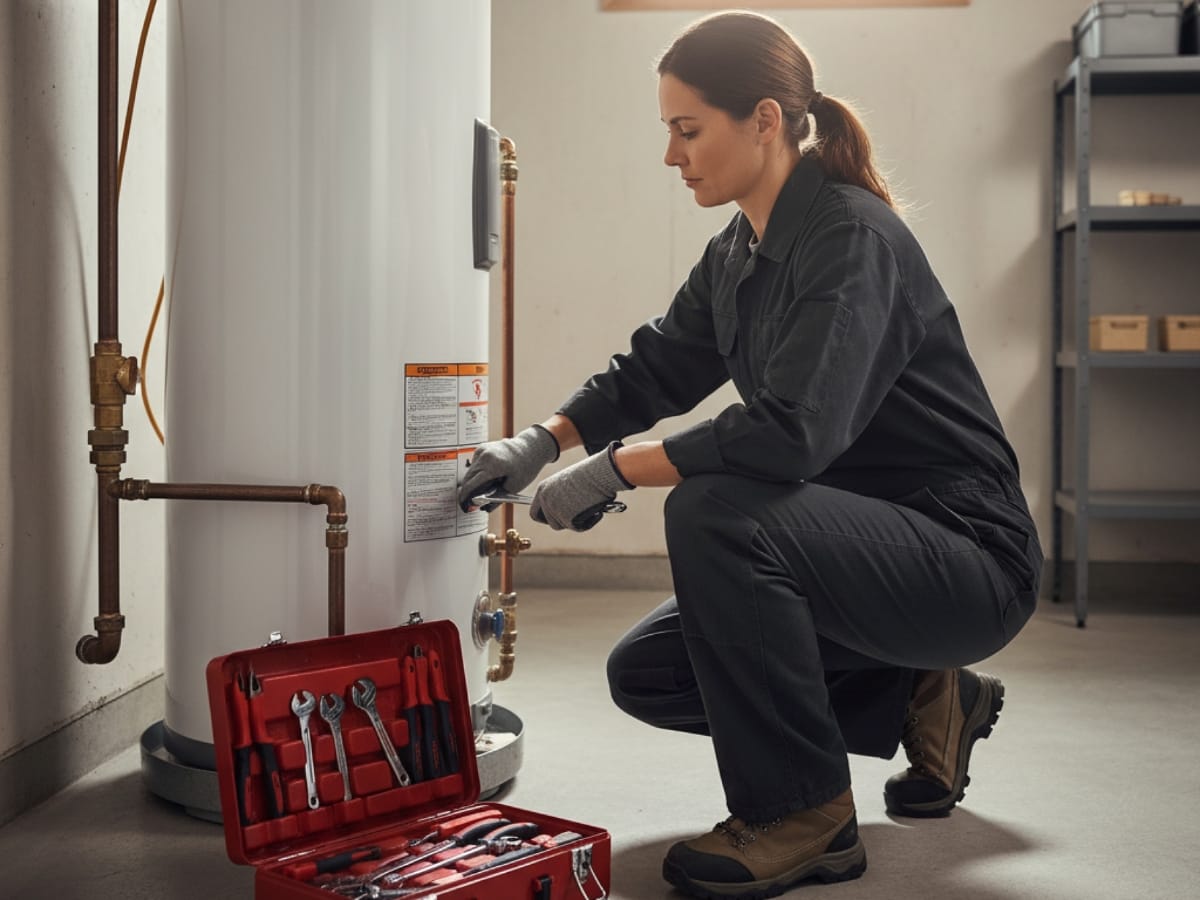What is carbon monoxide?
When you think about your home’s safety, you probably think about your smoke detector and fire extinguisher. But many people don’t know that carbon monoxide (CO) is an odorless and colorless gas that’s also a common cause of poisonings and fatalities. CO is a by-product of fossil fuel combustion, such as wood or gas. It’s most dangerous when it’s seeping into your home from an appliance, such as a heater, water heater, or stove. If you’re living with a CO source, knowing what to do can give you and your loved ones a fighting chance. Don’t wait for toxic carbon monoxide levels to build up in your home. Follow the following suggestions in order to protect yourself from carbon monoxide poisoning.
How does carbon monoxide get into my home?
The most likely way for carbon monoxide to enter your home is through an exhaust pipe that’s connected to your gas appliance. The CO can be caused by a number of sources, including natural gas, oil, gasoline, propane, charcoal, pellet fuel, wood, coal, or a gasoline engine or generator.
When a fuel-burning appliance or attached garage is used, CO is produced to a greater degree. Common sources of CO in our homes include fuel-burning appliances and devices such as:
- Clothes dryers
- Hot water heaters
- The use of furnaces or boilers
- Gas and wood-burning fireplaces
- Stoves and ovens powered by natural gas
- Automobiles
- Lawn equipment, grills, generators, power tools, and power equipment
- Stoves that burn wood
- Smoke from tobacco
What are the symptoms of carbon monoxide poisoning?
Some of the symptoms of carbon monoxide poisoning include shortness of breath, headaches, nausea, blurry vision, sleepiness, chest pain, and dizziness. If you notice any of these carbon monoxide poisoning symptoms, stay out of the house until it has been properly vented and inspected by a professional.
How is carbon monoxide prevented?
These are some ways you can prevent carbon monoxide exposure: Install and maintain carbon monoxide detectors in your home and on each level of your house, garage, and shed. Have an HVAC company install a CO detector. The Center for Disease Control and Prevention (CDC) estimates that 2 million U.S. residents have been exposed to CO. You can find out how to buy a carbon monoxide detector by calling the local authorities. Most detectors will be rated at between 20 to 80 decibels (dB). The decibel level determines the level of sound that you will hear from the detector in real-time. You’ll want to have at least one detector on each floor of your home and at each access point to the house. It’s important to have both battery-operated and long-life corded detectors.
What can I do to protect myself?
Check your CO alarm:
- The carbon monoxide detector is also known as a Mylar smoke detector. Make sure your carbon monoxide detector is working and has good battery life. Check your carbon monoxide detectors once a month to ensure good battery life.
- Check the expiration date on the battery, and replace it if it is past the date listed on the label. Be sure to test the battery each month. If it doesn’t perform properly, your detector could be rendered inoperative.
Make sure your heaters and furnaces are working properly. You should make sure that all fuel-burning appliances are installed and maintained correctly. Consult your owner’s manual and take care to maintain your gas heater or furnace according to the manufacturer’s guidelines.
Stay Safe from Carbon Monoxide with Regular HVAC Maintenance
The safety of you and your family depends on knowing how to prevent, recognize and respond to carbon monoxide poisoning. With this knowledge, you’ll be able to stay safe while you’re at home and when you go on vacation since you can’t see or smell the poisonous gas yourself.
Not sure if your appliances or gas furnaces are maintained and functioning safely? Keeping your indoor air quality high can be achieved by contacting your local HVAC company. Getting your furnace serviced regularly is the best way to ensure these safeguards are in place. These furnaces should be inspected properly so contact CoolPro heating and cooling today so you have peace of mind.







